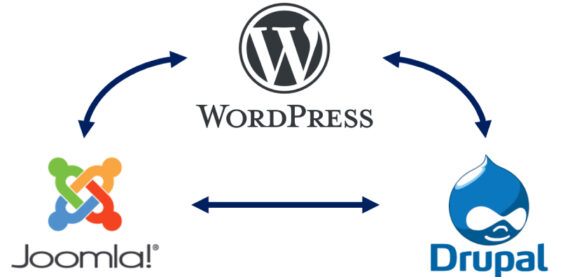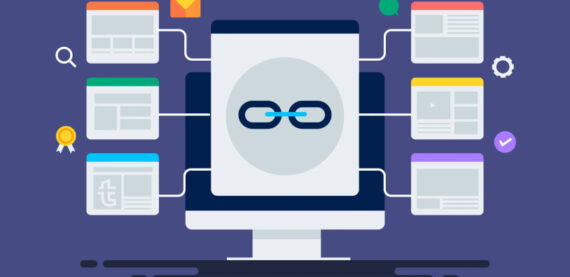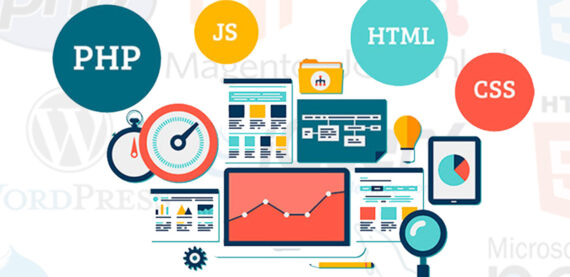Mobile application has become an integral part of our daily lives, enabling us to perform various tasks and access information conveniently. As technology evolves, so does the landscape of mobile application development. Let us explore the latest trends in mobile application development that are shaping the industry.
5G Integration:
The advent of 5G technology has opened up new possibilities for mobile application development. With its lightning-fast speed and low latency, 5G enables developers to create more advanced and immersive applications. From real-time gaming to seamless video streaming, 5G integration is revolutionizing the mobile app experience by providing faster connectivity and enhanced performance.
Internet of Things (IoT) Integration:
The Internet of Things has gained significant traction in recent years, and it continues to influence mobile application development. IoT integration allows mobile apps to communicate with connected devices, such as smart home appliances, wearables, and industrial equipment. This trend enables developers to create applications that offer personalized and automated experiences, making our lives more convenient and efficient.
Augmented Reality (AR) and Virtual Reality (VR):
AR and VR technologies have already made a significant impact on the mobile app landscape, and their influence is only growing stronger. Augmented reality overlays digital content in the real world, while virtual reality immerses users in a simulated environment. These technologies are being used in various industries, including gaming, e-commerce, healthcare, and education. With the continuous advancement of AR and VR capabilities, we can expect to see more innovative and immersive mobile applications in the future.
Artificial Intelligence (AI) and Machine Learning (ML):
AI and ML have become indispensable in mobile application development. AI-powered chatbots, voice assistants, and recommendation systems are now common features in mobile apps. Machine learning algorithms analyze user behaviour and preferences to provide personalized experiences and make intelligent predictions. The integration of AI and ML technologies allows developers to create smart, proactive, and adaptive applications that can understand and cater to user needs more effectively.
Progressive Web Apps (PWA):
Progressive Web Apps bridge the gap between web and mobile applications, offering the best of both worlds. PWAs are web applications that can be installed on a user’s device and accessed offline. They provide a seamless and native-like experience without the need to download and install from an app store. PWAs are gaining popularity due to their smaller footprint, faster loading times, and cross-platform compatibility, making them a cost-effective solution for businesses and developers.
Biometric Authentication:
With the increasing focus on security, biometric authentication methods, such as fingerprint scanning, facial recognition, and iris scanning, are being widely adopted in mobile applications. These technologies provide enhanced security and convenience, eliminating the need for traditional passwords and PINs. Biometric authentication not only ensures user data protection but also streamlines the authentication process, improving the overall user experience.
Final Thoughts:
Mobile application development continues to evolve at a rapid pace, driven by emerging technologies and changing user demands. The latest trends in mobile app development, including 5G integration, IoT, AR/VR, AI/ML, PWAs, and biometric authentication, are transforming the way we interact with mobile applications. As developers embrace these trends, we can expect more innovative, efficient, and user-centric mobile applications to emerge, shaping the future of the industry.









































